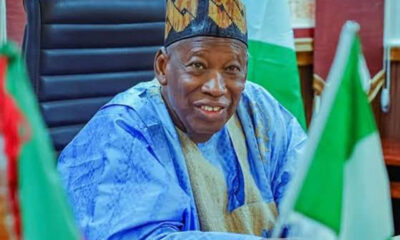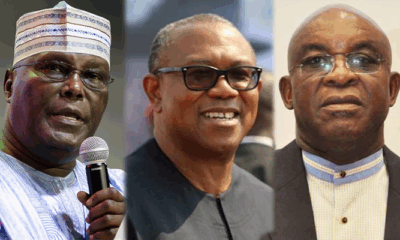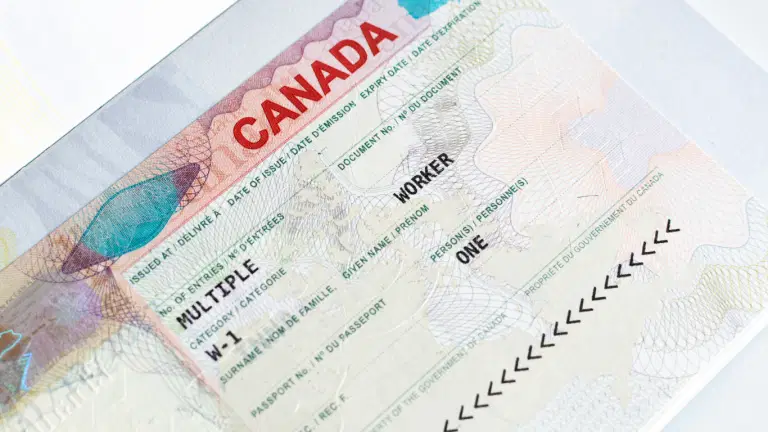The British High Commission in Abuja announced on Wednesday a new change in the United Kingdom’s immigration process for Nigerians applying for study and work visas.
Effective from 15 July 2025, most applicants in these categories will start receiving digital eVisas instead of the traditional visa stickers in their passports, according to a statement from the BHC.
The new policy applies only to applications submitted on or after 15 July 2025. Those who apply before that date will still follow the current process, which involves submitting a passport at a Visa Application Centre and receiving a vignette.
The statement reads, “From 15 July 2025, most individuals applying to enter the UK on study or work-related visas will no longer receive a physical visa sticker (vignette) in their passport. Instead, successful applicants will be issued an eVisa, a secure, online record of their immigration status. This change marks a major step in the UK Government’s transition to a modern, digital immigration system. This change applies only to study or work visa applications submitted on or after 15 July 2025. Applicants who apply before 15 July will continue with the current process, including leaving their passport at the Visa Application Centre and receiving a vignette. Visit visa applications will continue to receive the visa vignette sticker for the time being.”
Applicants are still required to visit a Visa Application Centre to provide biometric data.
Once approved, applicants will receive an email from UK Visas and Immigration with the decision and instructions for creating a UKVI account to access their eVisa.
The statement continues, “Despite the removal of the vignette for study or work visas, all applicants must still attend a Visa Application Centre to provide their biometric information as part of the visa processing procedure. Once a decision is made on their visa application, applicants will receive an email from UK Visas and Immigration with the outcome and instructions to create a UKVI account, to access their eVisa.”
Chargé d’Affaires at the British High Commission in Abuja, Gill Obe, stated, “We’re making it easier and faster for Nigerians to travel to the UK. From 15 July 2025, most people applying for study or work visas will get a digital eVisa instead of a visa sticker in their passport. This is a further big step to a fully digital UK immigration system, making the process more secure, more efficient, and more convenient for students, professionals, and families.”
She explained that not all applicants would be affected immediately.
“However, if you’re applying as a dependant, like a spouse or child, of someone who is studying or working in the UK or if you are applying for a visitor visa, you’ll still receive a visa vignette sticker in your passport for the time being,” she said.
The High Commission clarified that eVisas have already replaced Biometric Residence Permits for individuals granted leave for more than six months. Those with a UKVI account can use the “View and Prove” service to share their immigration status with third parties, such as employers or landlords in England.
To obtain an eVisa, applicants must apply online via the official UK government website (gov.uk), attend a Visa Application Centre to provide biometrics, take their passport home the same day if no vignette is required, and follow instructions in the decision letter, including creating and linking a UKVI account if needed.

 BIG STORY2 days ago
BIG STORY2 days ago
 BIG STORY5 days ago
BIG STORY5 days ago
 BIG STORY2 days ago
BIG STORY2 days ago
 BIG STORY2 days ago
BIG STORY2 days ago
 BIG STORY12 hours ago
BIG STORY12 hours ago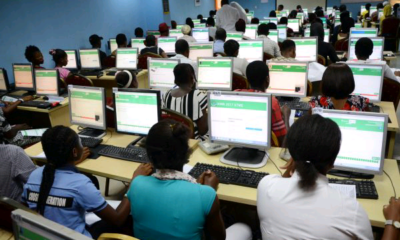
 BIG STORY2 days ago
BIG STORY2 days ago
 BIG STORY11 hours ago
BIG STORY11 hours ago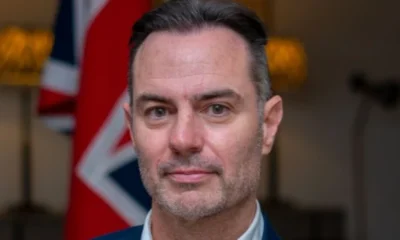
 BIG STORY3 days ago
BIG STORY3 days ago







